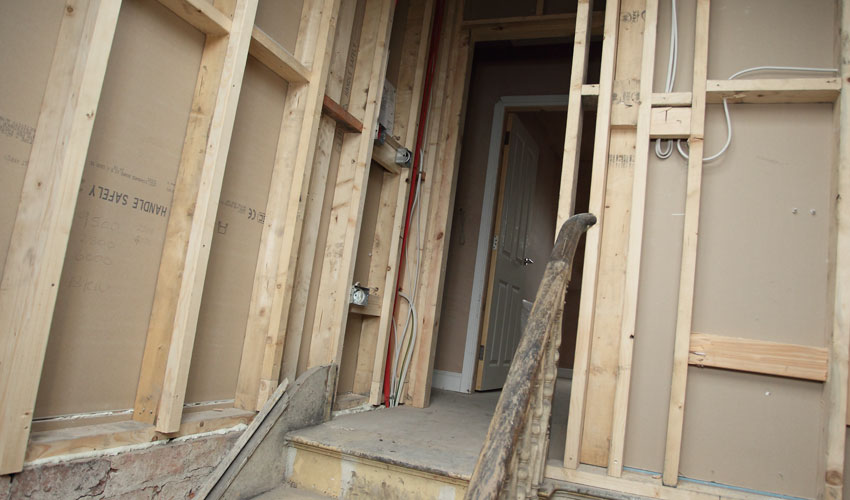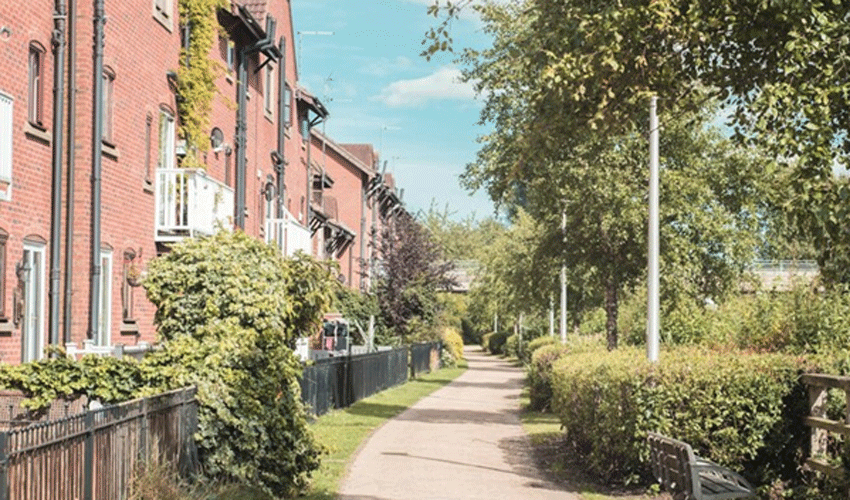
Emma Hardy MP has spoken with the charity Guide Dogs at the Labour Party conference.
The MP spoke about the challenges that blind and partially sighted people face when walking the streets. Some of the issues faced include pavement parking, street clutter and shared spaces.
Pavements blocked by parked cars or street clutter such as wheelie bins and overhanging branches can force pedestrians to walk into the road, putting them in danger of oncoming traffic.
Shared space streets, where vital safety features such as kerbs and controlled crossings are removed, can also be dangerous and disorientating for people with sight loss.
To illustrate these risks, Guide Dogs asked the MP for Kingston upon Hull West and Hessle to take a trip down memory lane and play their ‘Navigation Game’ – a take on the classic final challenge of the Generation Game – memorising the hazards that a guide dog owner might encounter on a typical journey.
Guide Dogs are calling for action on the most common dangers for people with sight loss. These include a new law limiting pavement parking to areas determined by the local council, action from local authorities on street clutter and a safety review of existing shared space schemes.
Emma Hardy MP said;
“Life is very challenging when partially sighted or blind and this campaign from the charity Guide Dogs highlights some of the dangers and difficulties in negotiating our streets. There must be more done to assist people with sight loss, and I am supporting calls to help reduce pavement parking and reducing street clutter on existing shared spaces”
Helen Honstvet, Senior Campaigns and Public Affairs Manager at Guide Dogs, commented:
“The street environment has a huge impact on people with sight loss. When a street is blocked with obstacles or lacks vital safety features, it can make the difference between getting out and about with confidence or feeling forced to stay at home.
We’re calling for action to tackle the most common hazards that affect blind and partially sighted people on their local streets: pavement parking, street clutter and shared spaces.”












